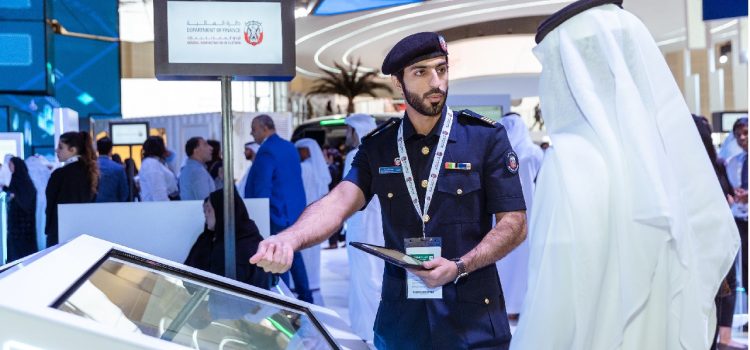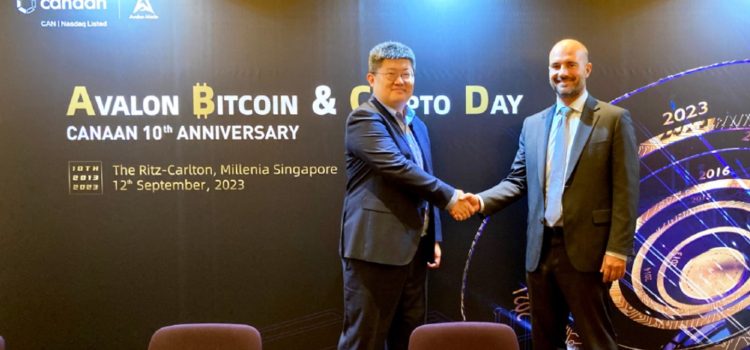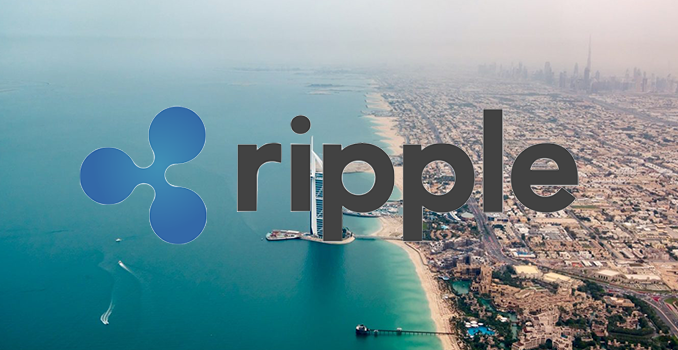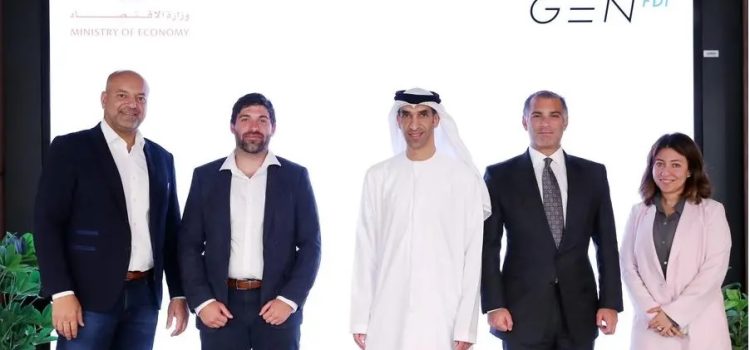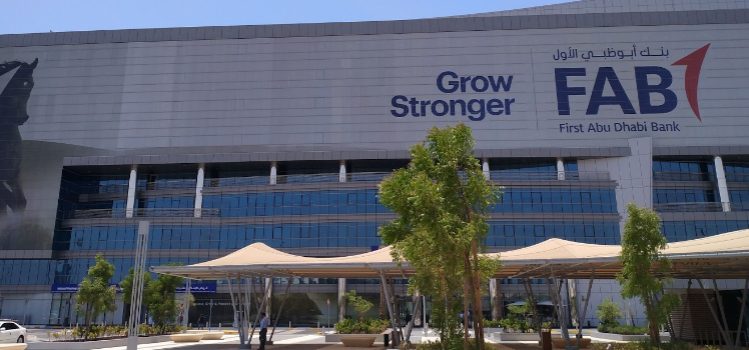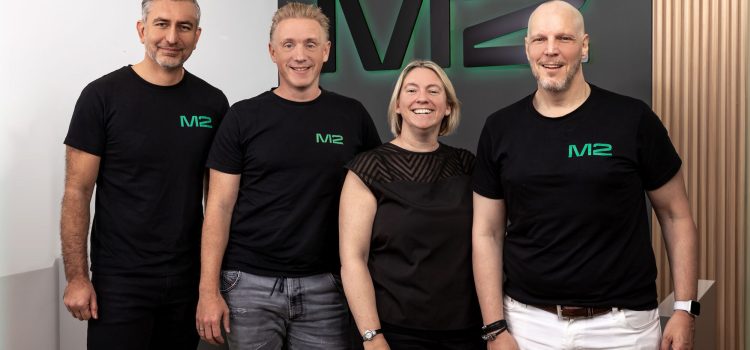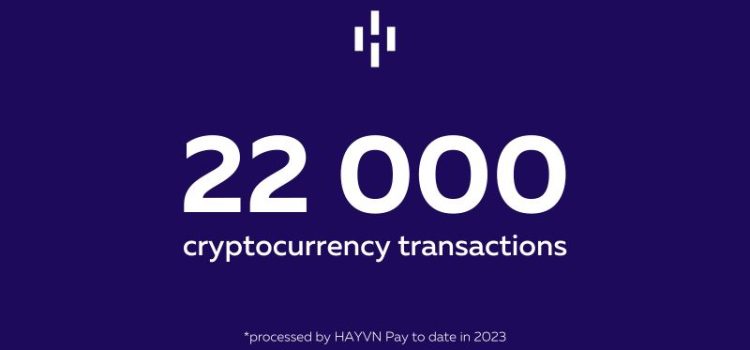iBLOXX Studios announced that their upcoming third-person Web3 shooter, StrayShot (previously recognized as 0xBattleGround), will feature the entire Big Baller Brand family as playable in-game characters. This exciting collaboration will bring NBA Stars LaMelo and Lonzo as well as LiAngelo, LaVar and Tina Ball to life in the virtual world, allowing players to step into their shoes and experience the thrill of the game.
StrayShot is a third-person shooter game designed to deliver an adrenaline-charged experience for gamers of all skill levels. In StrayShot, players become bounty hunters, competing in intense matches with various unique characters, exciting game modes, and ultimately trying to qualify for the monthly tournament which features substantial prize pools.
The exciting collaboration introduces the basketball giants as in-game playable characters, set to be available after the official launch of StrayShot on their in-game marketplace as well as OpenSea and others. Distinct from the majority of Blockchain-based games, StrayShot has been meticulously crafted to prioritize a top-tier gaming experience, subtly integrating Web3 functionalities in the background to enhance, not overshadow, the gameplay. The seamless Web3 gameplay is enabled both by a user-friendly UX design and by the gas-free, high-speed performance of SKALE Network.
Domenik Maier, CEO of iBLOXX Studios, shared his excitement: “Collaborating with the iconic Ball family on StrayShot feels like a slam dunk. Their innovative spirit and influence align perfectly with our ambition, and together, we’re ready to redefine gaming.”
The Ball family is more than just a basketball sensation; they’re an emerging sports empire. LaMelo Ball recently inked a staggering $260 million contract with the Charlotte Hornets, one of the most substantial in basketball history. He is a recognized NBA All-Star, Rookie of the Year, and is regarded as one of the top 5 basketball talents under 22 globally. Alongside his older brother, Lonzo Ball, initially the number 2 draft pick by the Los Angeles Lakers and an All-
Rookie Team honoree, who made a significant impact with the Chicago Bulls, driving them to the Eastern Conference’s top seed before a knee injury sidelined him.
Beyond the court, they’ve marked their territory in the fashion scene with the successful launch of clothing line, Big Baller Brand, in 2016.Their recent venture into gaming with StrayShot
further cements their status as influential figures in sports and entertainment with their trajectory only pointing north.
The Ball family is excited about the opportunity to play directly with their fans in StrayShot. LaVar Ball said, “My boys and me will not only dominate the basketball court, we will also dominate the battleground in StrayShot!“
In February 2023, UAE based Blockchain gaming entity, iBLOXX,Studio secured a $5 million investment in a recent funding round led by PrimeXM. The capital will be utilized to expand the company’s GameFi division. The investment brings the gaming division’s post-money valuation to 30 million USD.









